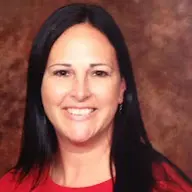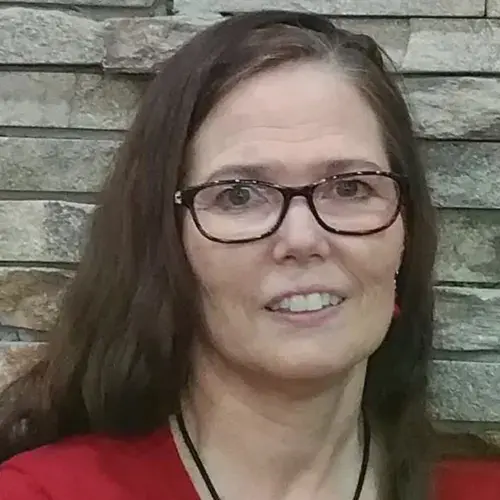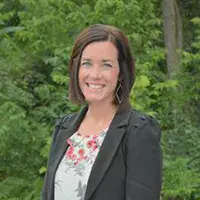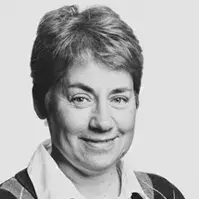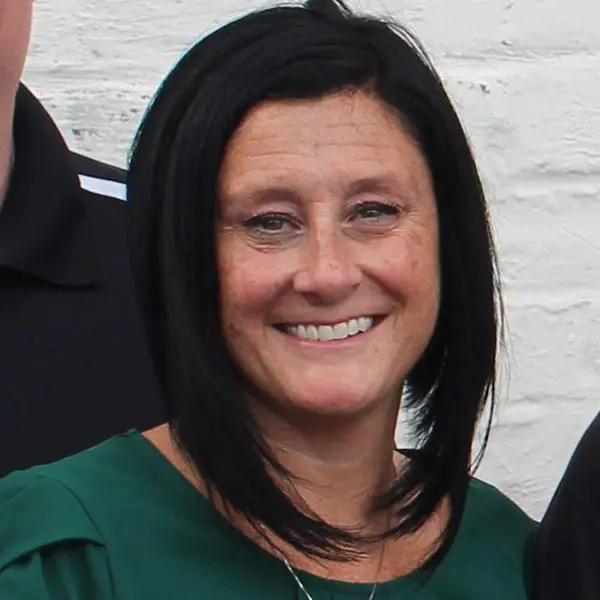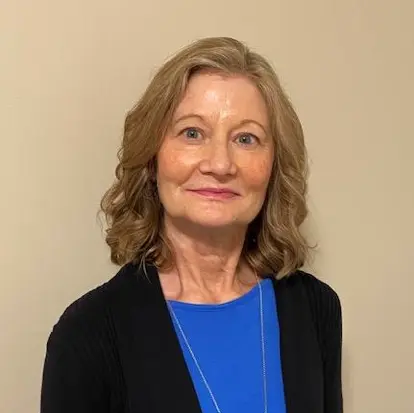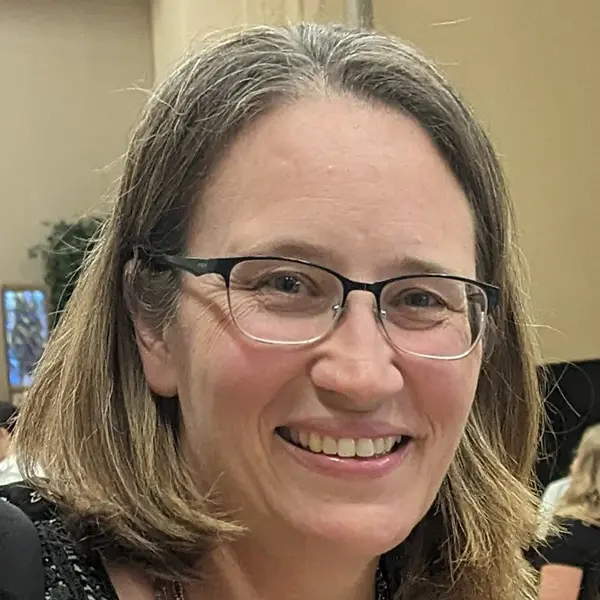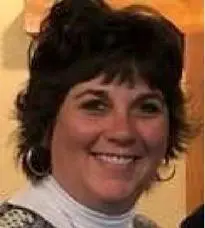Course Description
A content-methods course for elementary teacher preparation which is a study of number systems, operations, geometry, measurement, data analysis/probability, and state accountability requirements in math (NCLB). There is a special reference to teaching materials, laboratory methods, and pedagogy, including classroom use of manipulatives and technology.
Prerequisites
TTT 510 & TTT 520
Field Experience
4–5 hours of observation and teaching of math lessons
Faculty
Lisa Adkins
- MAE, Ball State University (1992)
- BS, Taylor University (1988)



